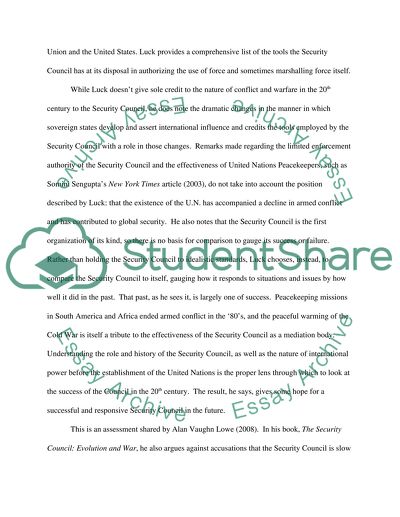Cite this document
(“Reveview three sources (2 books, 1 journal)Within Diplomacy, Law and Essay”, n.d.)
Retrieved from https://studentshare.org/environmental-studies/1404943-reveview-three-sources
Retrieved from https://studentshare.org/environmental-studies/1404943-reveview-three-sources
(Reveview Three Sources (2 Books, 1 journal)Within Diplomacy, Law and Essay)
https://studentshare.org/environmental-studies/1404943-reveview-three-sources.
https://studentshare.org/environmental-studies/1404943-reveview-three-sources.
“Reveview Three Sources (2 Books, 1 journal)Within Diplomacy, Law and Essay”, n.d. https://studentshare.org/environmental-studies/1404943-reveview-three-sources.


